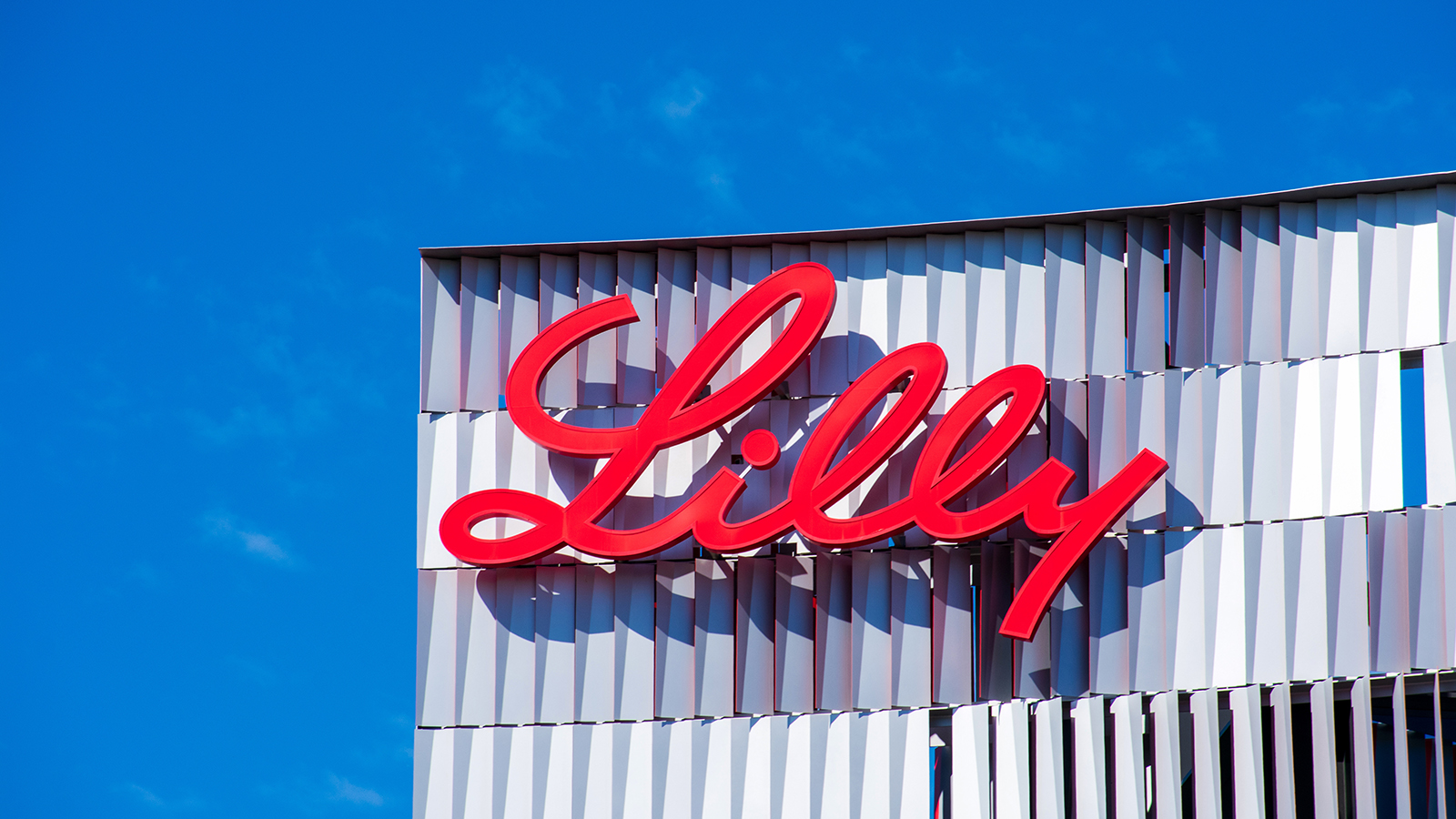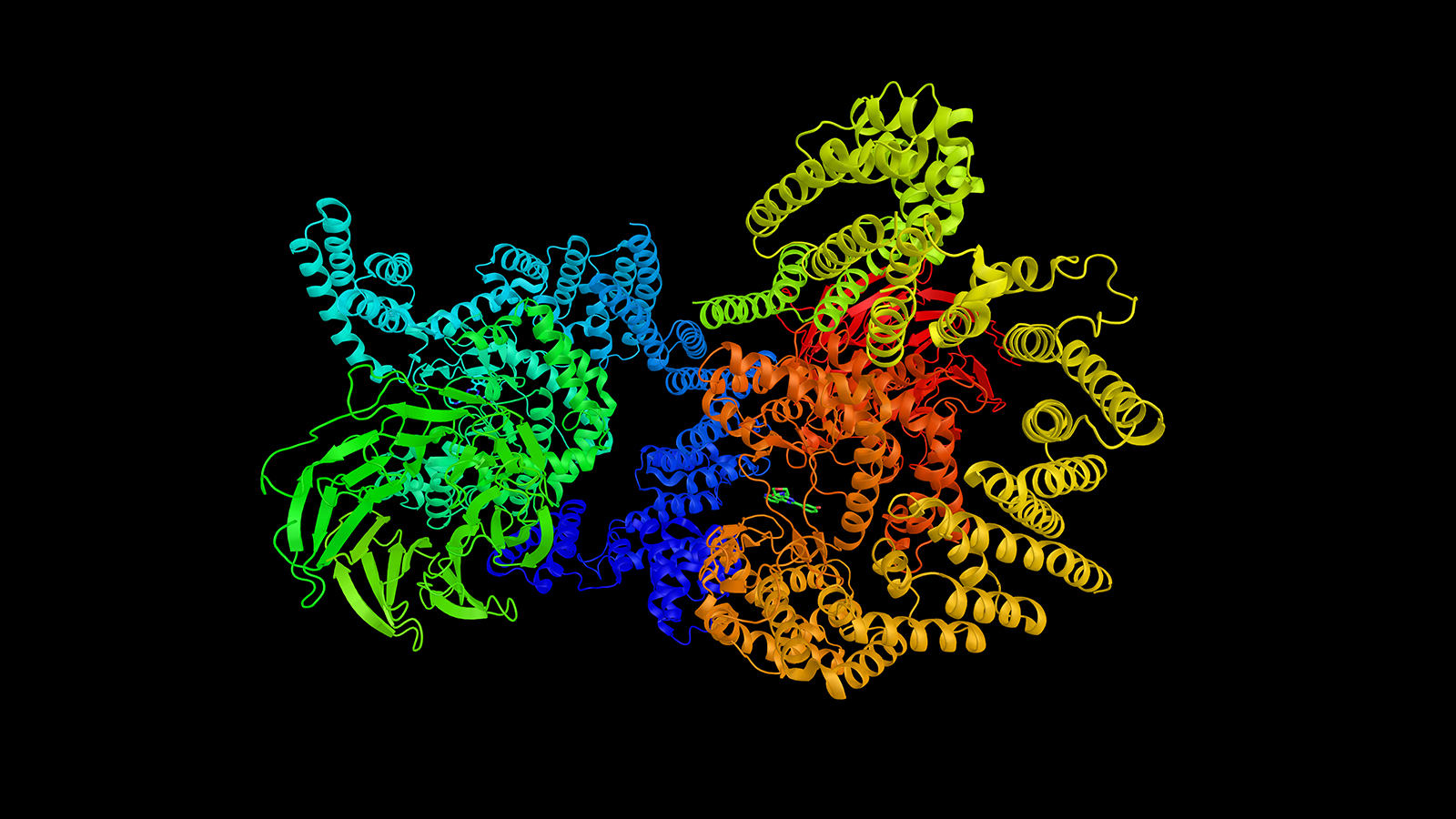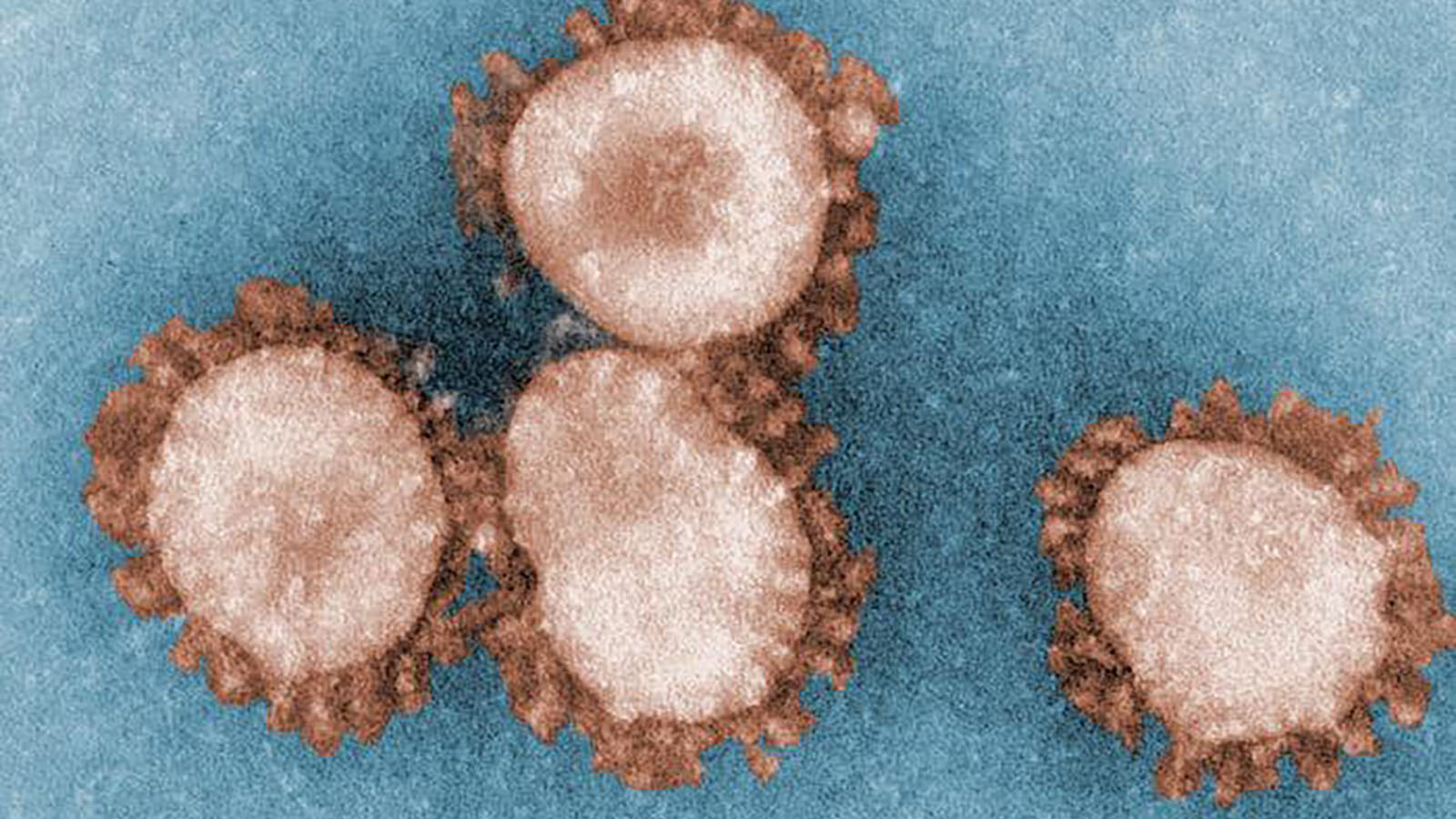Tahir Amin: So the patent system has been a great driver of medical inventions. We've seen some terrific discoveries and inventions in the medical space. But as we've evolved in the system, I think we're starting to see-- as a lawyer who's practiced in this area, we're starting to see a lot of strategies that are played by pharmaceutical companies in order to maintain their monopolistic hold or their exclusivity hold over a particular product. And what they do is they ratchet up a number of patents around a particular product in order to prevent competition from getting in.
And we all know that once you have competition, prices drive down. There's a number of studies that show prices can drop more than 50% if you get competition in the marketplace sooner. So the idea that companies want to do is to basically prevent that competition from coming in earlier. And then the other argument of that is: are they then really inventing new things? Because what they do is they hold on to the marketplace as long as they can on the existing product.
They extend the franchise out by using patents, sometimes with the potential of holding the market for 40 years unless litigated. And we all know that litigation doesn't solve all the problems. And we've seen that in a number of the top-selling drugs in the United States. We've done studies as an organization where we have seen price hikes between 2012 and 2016 on the top 12 selling drugs in the United States have 68%.
And we've seen in parallel to that the number of patents that have been stacked up on those products, even after the product has been approved, even after the initial patent has expired, which is a 20 year term. And so they're just pushing it out further and further and further so that they can delay the competition getting in. And that all leads to market power and it all leads to the ability to increase prices at will.
If you look at a pharmaceutical company, the scientists who work there, the people who work on the development of drugs, their primary purpose is to help people, I believe. I genuinely believe that. I believe the conversations I've had with people from that sector. They believe that if they bring a new product to market and it saves someone's life or it can actually make somebody healthy, they really do believe that.
Unfortunately, there's a business side to it, as well. And so what you have is for every scientist, you have probably two lawyers who are watching over them saying, "OK, how can we extract a patent out of this and to make sure that nobody else gets in there?" And so what we have is then you have-- in particularly the pharmaceutical market, there's an argument that it's become overly financialized in terms of its investors who drive what companies do, rather than maybe the initially intended purpose was to deliver health products and to help make people not have to become ill and stay alive.
And I think some of that has got lost in the process as pharmaceutical companies now really start to look at their bottom line and their shareholders and what the investors want rather than what their original purpose was (to help people become healthier). And I think that the bargain of that has tilted more towards the financial-ization of things rather than thinking about health first.
I-MAK comprises lawyers and scientists who have come from the private practice background. We've all worked in industry. I myself have been a solicitor in the United Kingdom, working for the commercial side of intellectual property for over 10 years. And we've taken that knowledge to apply it in a public interest way, whereby we look at, particularly in the pharmaceutical industry, how do pharmaceutical corporations strategize their patent filings in order to get the maximum protection?
So what we do is, we look at a product, it could even be still in development, and we'll do what we call the due diligence and the analysis of all their patent filings. So for example, if it's a product that revolves around a small chemical compound, we'll identify what that chemical structure is, and then what we'll do is we'll do patent searches. There are various databases that you can use. We put in keywords, we will use compound searches, and then we'll find out what it is that the company has filed for. And then we track how many other patents that the company is adding on in the lifetime of the product.
And that way, we build up a sense of what is their entire portfolio around that particular product. And that then gives us a sense of what their strategy is, what potentially is the new version of the product that they may be lining up. So what they do is typically, products these days in the pharmaceutical market, they're on the market for five years and then they'll switch it out to the next version of the product. And these patents usually tell you what's coming down the line. And we use that essentially then to make decisions.
And often at the behest of organizations, such as Doctors Without Borders, who want to get access to these products, but they say "the patents are a barrier, the prices are too high." And then we'll investigate the science behind them as we're doing these analysis. And what we realize is many times, the science behind it is not new. And then at that point, we decide whether we want to challenge those patents in order to remove the barriers so that competition can get in earlier.
And by doing that, then we get generic competition in earlier if we're successful, and prices drop significantly. And we've achieved in various ways. For example, in India, we've been very successful with the HIV drug Kaletra, which is a product owned by Abbott Laboratories and now Abbvie. And we were able to challenge the key patents on their drug such that Abbott eventually withdrew all its patent applications, and Indian generic companies could continue to supply this particular product at a much lower price not only to Indian patients, but also many patients around the world, and particularly in Africa.
And so we were to keep that market at a much accessible way for people living with HIV/AIDS. And that, for us, has been one of the greatest successes. But more recently we've done it for the new Hepatitis C drugs. For example, just this year, we got a decision in the drug by Gilead called sofosbuvir. We were able to win a case in China. And China has 10 million people living with hepatitis C. And the fact that we won these two cases in China now has the potential for other actors to come in and supply the Chinese market, which could save conservatively, if you were just to treat 15% of the people living with hepatitis C in China, that would save $13 billion. So overall, our impact of our work has the potential of saving $1 billion to the various countries that then need to be able to get access to these drugs.





